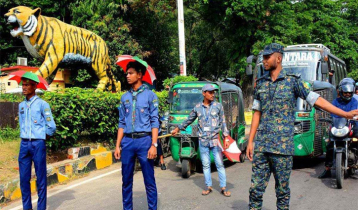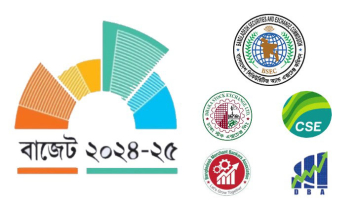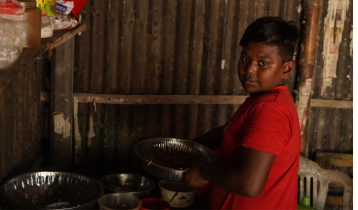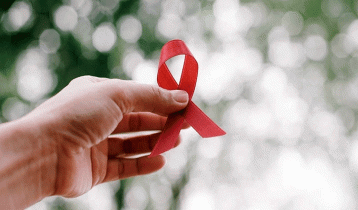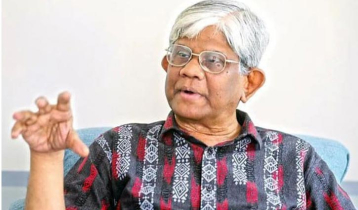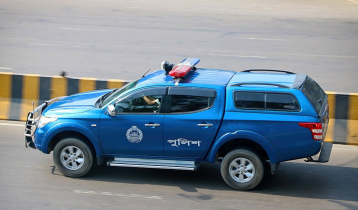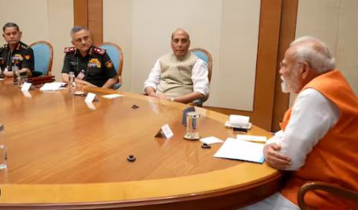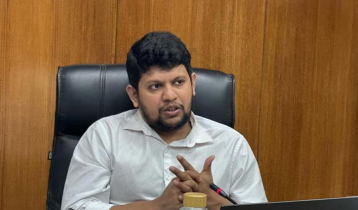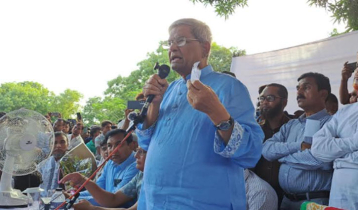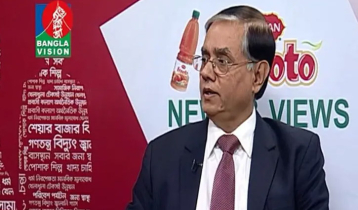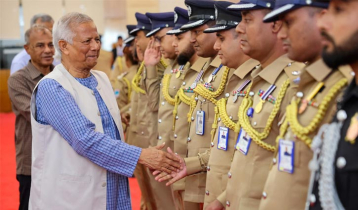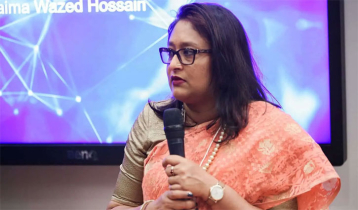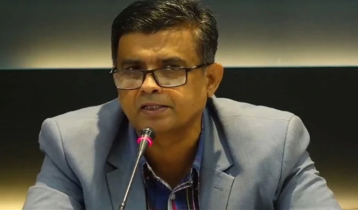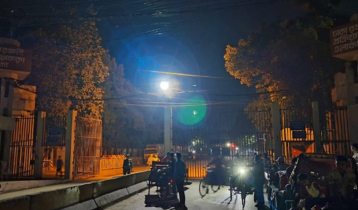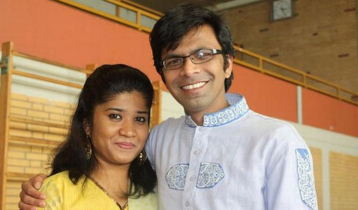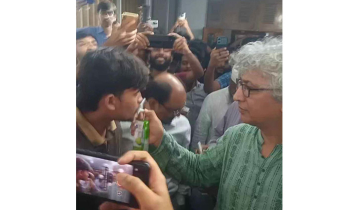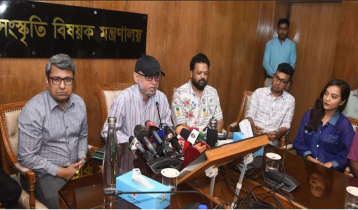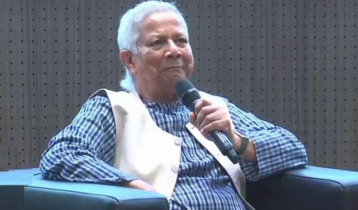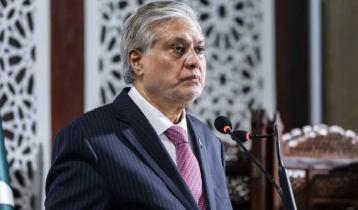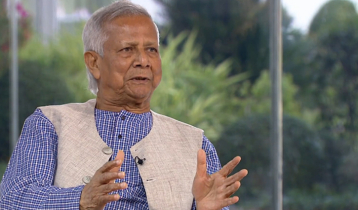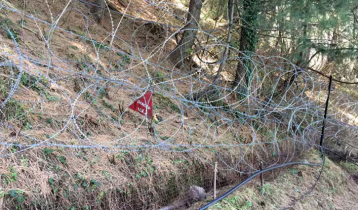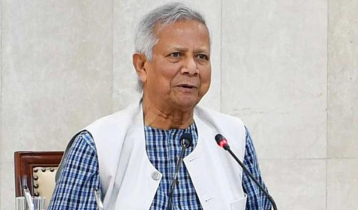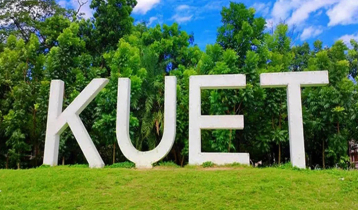`Good taste, good contributor to economy`
Manzurul Alam Mukul || risingbd.com
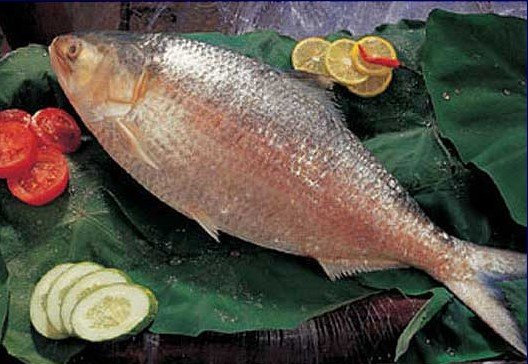
In Odisha, there is a popular saying that `Machha khaaiba Ilishii, chakiri kariba polisi`, which means that eating hilsa and getting a job in police department are of equal status, meaning that eating hilsa is respectable.
Bangalis are very much sensitive with this fish, especially in a rainy or a cold day. Bangalis can’t control themselves if they get ilish maach bhaja (fry), with the oil coming out of those fish, with rice, onion and green chili. It is called hilsa fish fry, one of the most popular Bengali fish fry items. Shorshe Ilish, a dish of smoked ilish with mustard seeds, is also another popular item. It is said that Bangalis can cook ilish in more than 50 ways. Some other common hilsa menus are curd and brinjal (eggplant) curry with fish, muri ghonto, Panta Ilish, etc. Ilish can be cooked in very little oil since the fish itself is very oily.
Hilsa is one most important fish in the world in terms of food value and cultural importance. It is an obvious food in a good number of festivities in Bangladesh and India.
In the dawn of Pahela Baisaksh (Bengali New Year) people of Bangladesh and West Bengal of India welcome the New Year with Panta (wet rice) Ilish.
The is a customs that Bangali Hinu families buy two hilsa fishes (known as Joda Ilish) in auspicious days like Saraswati Puja and Lakshmi Puja. Ilish is also used during wedding as Tattwa gift. During Gaye Halud tattwa the family of the groom presents a pair of Ilish to the family of the bride.
Hilsa is an English word and in Bangla it is called ilish. It is the national fish of Bangladesh, also called the king of all fishes. Not only in Bangla, hilsa fishis considered to be one of most favorite and delicious fish in the world. The fish is also popular food amongst the people of South Asia and in the Middle East.
The government`s Hilsa Fisheries Management Action Plan (HFMAP) prohibits fishers from catching brood stock and juvenile hilsa in five sanctuaries in the Padma-Meghna rivers. Besides, jatka catching, transportation, marketing and sale are restricted from November to June each year with an 11-day country wide ban on its catch in October. For this purpose, the government conducts mobile courts and drives during the period.
But it is the reality that the steps taken by the authorities are not enough to address the declining biodiversity of Hilsa. It is unfortunate that when the government is implementing different projects and initiatives to protect hilsa then every day we get many news items on huge amount of jatka recovering by low enforcing agencies, jatka catching and jatka sales in markets.
In a risingbd investigation, it is learnt that only 28,000 fishermen are getting food assistance in Chandpur district, the capital of hilsa, out of 36,000 fishermen who are enrolled in a government list.
But the unofficial sources say that there are over one lakh fishermen in the district and they are being deprived of food assistance.
On the other hand, who are getting food assistance in the district cannot maintain their families. It becomes impossible for a family of 6/7 members to run a month with 40kgs of rice. There is an also allegation that, most of the fishermen get less than 40 kgs of rice due to lack of proper allocation, misappropriation, etc. As a result, most of the fishermen are to catch jatka for livelihood options during the ban period.
Local experts also say the law enforcing agencies conduct mobile courts and drive during the period to stop jatka fishing. But it is not sufficient due to manpower shortage and lack of instruments. As a result, the law enforcing agencies and concerned authorities are also failing to control it.
Talking to risingbd, Dr. Anisur Rahman, country`s hilsa expert and senior scientific officer, says, "Only the government initiatives are not enough to protect hilsa rather than all people belonging to all professions, including fishermen, businessmen, public representatives and media will come forward. Basically, we need a social movement to maintain production of Hilsa".
National fish hilsa has a close relation with the food-habit and culture of Bengalis. The contribution of Hilsa to employment generation, ensuring supply of protein and country`s economic development is very important.
So, there needs the proper implementation of different projects taken by the government, and more pragmatic stets to address the declining biodiversity of hilsa and other fish in the Padma-Megna river-estuarine basin and to improve the resilience of the fishers` community in the face of reality and unpredictable climate change effects. Side-by-side, all people including professionals should come ahead to protect the species.
risingbd/Dhaka/Apr 7, 2015
risingbd.com

